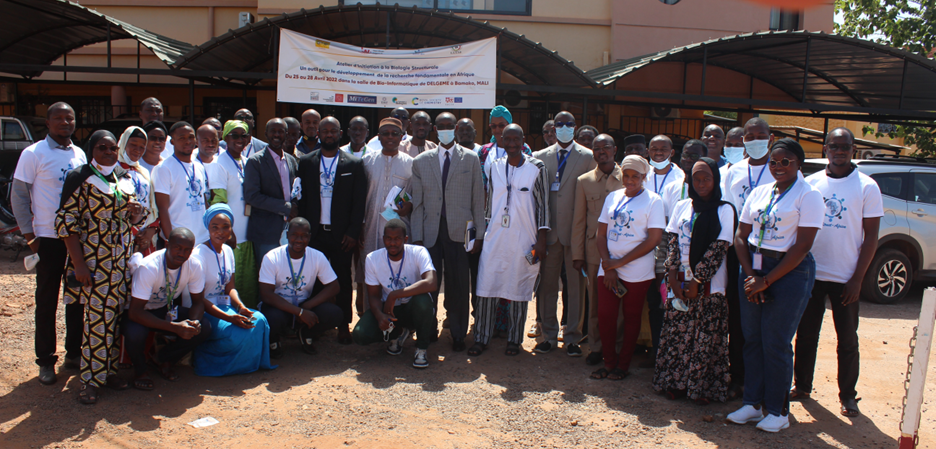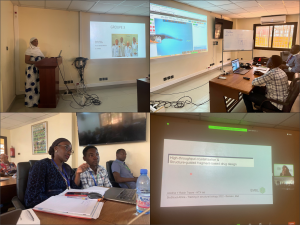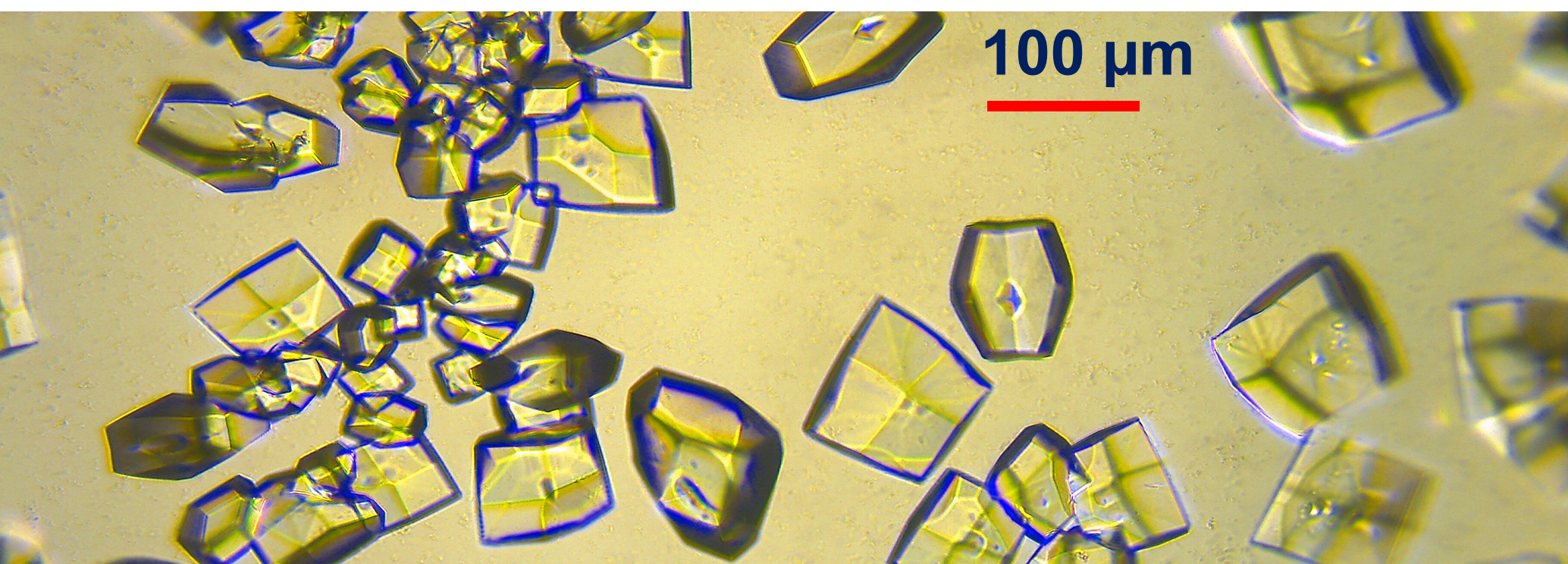
2 August 2022
Understanding the structural biology underpinning disease can be crucial for informing drug or vaccine design. For example, structural biology can help researchers understand the mechanism that allows a viral spike protein to bind receptors in our cells. However, structural biology research in Africa is suffering from a lack of resources and, consequently, from the loss of skilled researchers who are moving to pursue a career in this field overseas. To address this, BioStruct-Africa ran a workshop that brought the African structural biology community together by providing training and networking opportunities. BioStruct-Africa was awarded one of our Scientific Meeting Grants to support the event.

The workshop took place over four days in April 2022 at the Malaria Research and Training Centre in Bamako, Mali. There were close to 30 participants, mostly early-career researchers, who were able to attend talks and participate in hands-on sessions covering crystallisation, harvesting and cryo-cooling of protein crystals, data collection and analysis. Recent moves towards hybrid meetings, necessitated by the pandemic, also benefitted the workshop, with several international speakers presenting their talks virtually.
The application of remote working technology even extended to data collection. In recent years, the ability to connect remotely to synchrotron light sources have helped facilitate structural biology research in Africa. The workshop provided a great example of this, with the European Synchrotron Radiation Facility (Grenoble, France) providing beam time for the course participants.

This is not the first workshop that BioStruct-Africa have organised. Established in 2017, the organisation aims to promote structural biology across Africa. In the long term, they hope that this will strengthen the research community and, in turn, stimulate the development of treatments for the overlooked diseases that are burdening the continent. “‘Give a man a fish he can feed his family for a day, but teach him how to catch fish and he can feed his family for a lifetime,’” said Dr Emmanuel Nji, CEO and co-founder of BioStruct-Africa. “This adage is true when considering structural biology and the impact it can have on containing the diseases that are plaguing the African continent.”
Find out more about the workshop by reading the organisers’ Meeting Report, published in Biology Open.









You must be logged in to post a comment.